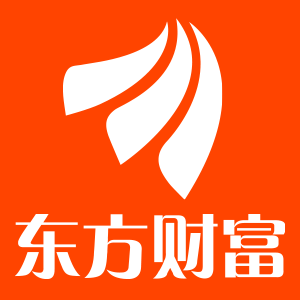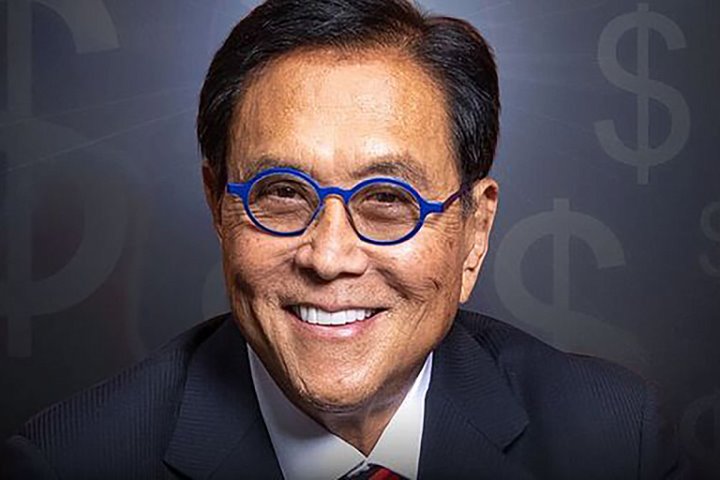The cooperation between the EU and Japan is going beyond the economic and trade level.
After attending the NATO Vilnius summit, Japanese Prime Minister Fumio Kishida flew to Brussels to meet with EU leaders. On Thursday local time, Kishida Fumio met with European Commission President Von der Leyen and European Council President Michel. Although the meeting lasted only two hours, the two sides reached agreement on cooperation in various fields such as economy, security, technology and trade.
Earlier, Japanese media revealed that the two sides plan to upgrade their cooperative relationship after the summit in mid-July, and expand the current partnership that mainly stays at the economic and trade level to the security field. Thursday’s summit confirmed that.
The joint statement after the meeting emphasized that Europe and Indo-Pacific security are closely linked. To this end, the two sides agreed to establish a regular strategic dialogue mechanism at the level of foreign ministers to further develop the security partnership. The EU and Japan also signed a memorandum of cooperation to support safe, resilient and sustainable undersea connectivity. In terms of supply chain, the two sides also signed a semiconductor memorandum and administrative agreement to strengthen cooperation in the supply chain of key raw materials.
In a post-meeting news conference, von der Leyen called the summit a “clear message of partnership and friendship” and that the EU and Japan were launching a “strategic dialogue” on “unprecedented challenges to peace and security” in the Asia-Pacific region. to coordinate. In addition, the leaders of the European Union and Japan also revealed that they are working on a cooperation agreement on raw materials.
Von der Leyen said that the EU and Japan share similar external dependencies when it comes to raw materials vital to economic development, and one of their goals is to reduce overreliance on a small number of suppliers. Von der Leyen mentioned China. Kishida agrees with the need for cooperation. He welcomes cooperation in this direction, stressing that it is important for Japan, the EU and other like-minded countries to coordinate and respond to economic security and “de-risking” with one voice.
In fact, at the beginning of this month, the cooperation between Japan and the European Union took concrete actions in this regard. On July 4, Thierry Breton, European Commissioner for the Internal Market, and Yasutoshi Nishimura, Japan’s Minister of Economy, Trade and Industry signed a memorandum of understanding on semiconductors. Breton said on social media at the time that the EU and Japan aimed to improve the resilience of the chip supply chain, including establishing an early warning mechanism to prevent disruption, especially of critical raw material components.
In a recent report, the French think tank Montaigne Institute emphasized that economic security is the missing link in the cooperation between the EU and Japan, and chips are crucial to economic security. The report also pointed out that Japan is taking swift action to revive its declining semiconductor industry.
Recently, some media reported that Japan has successfully attracted TSMC to invest in the construction of a second fab in Kumamoto, which is expected to start construction in April next year. The Japanese government is paying 40 percent of the foundry’s estimated $8.6 billion cost. On July 11, TSMC responded that it is currently in a period of silence before the corporate briefing and does not comment on the content of the report; last year, the Japanese government also promoted the establishment of the high-end chip company Rapidus, which plans to establish a cutting-edge 2nm semiconductor in the first half of 2025. Prototype production line.
In addition to the security cooperation issues on the agenda, Fumio Kishida also achieved a result that allowed him to return to China immediately. At a press conference after the summit on Thursday, von der Leyen announced that the EU would immediately lift restrictions on food imports from the Fukushima region of Japan. However, Brussels also urged Japan to continue to monitor the radioactivity of fish and seaweed near Fukushima.
After the nuclear accident in Fukushima in March 2011, the European Union imposed restrictions on the import of some edible plants such as fish, mushrooms and bamboo shoots in and around Fukushima, requiring them to provide certification documents showing radioactive isotope levels.
Japan responded this time by agreeing to ease restrictions on food imports from the EU. The two sides said they were working to improve access to the Japanese market for European beef, fruit and vegetables and that the issue would be resolved within this year.
At the end of June, Japan’s “Yomiuri Shimbun” reported that the EU is planning to completely withdraw restrictions on food imports from Fukushima. , the removal of import restrictions is expected.
(Article source: Jiemian News)
Article source: Interface News
EU lifts restrictions on Fukushima food imports after upgrading security cooperation with Japan
Solemnly declare:Oriental Fortune publishes this content to disseminate more information, has nothing to do with the position of this site, and does not constitute investment advice. Proceed accordingly at your own risk.
#lifts #Fukushima #food #import #restrictions #upgrading #security #cooperation #Japan
2023-07-14 14:41:27


